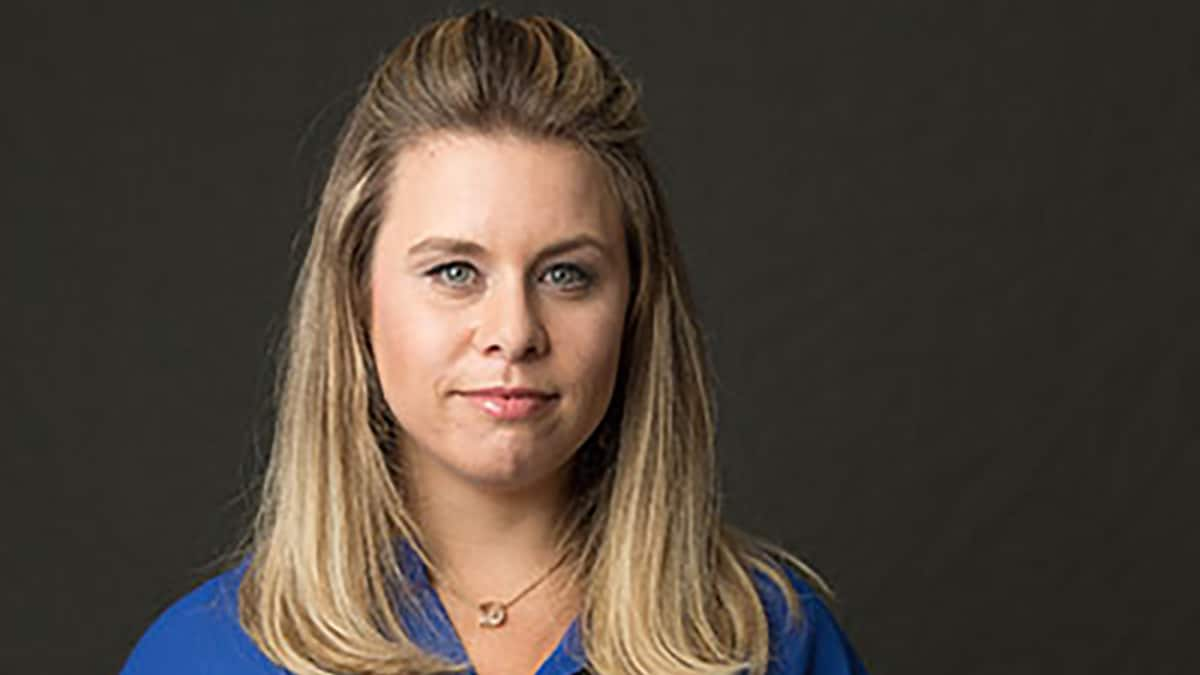At a glance
The story of Amy, a 33-year-old woman who has a family history of cancer and tested positive for a BRCA2 gene mutation in 2013.

Amy's story

I have a BRCA2 gene mutation like my dad. That, along with my family cancer history and Ashkenazi Jewish heritage, puts me at higher risk for breast cancer. For years, I have been on an evolving path to lowering my risk.
Relief through preventive surgery
I learned I was at higher risk for breast cancer at age 31 through genetic counseling and testing. For the first several years, I had frequent breast cancer screenings to manage my risk.
However, at each screening, I feared I would find out I have cancer. So, I decided to pursue a double mastectomy (surgery to remove both breasts). I feel grateful for this opportunity to lower my breast cancer risk further.
Talking with my kids about my risk
For me, being a previvor means having difficult conversations with my kids. I have talked to them about my double mastectomy, explaining how my genes increase my breast cancer risk and that surgery can help keep me healthy.
I am honest with my kids and try to use terms they can understand. I hope this helps avoid worrying them. I plan to wait until they are adults to talk about their genetic testing options.
Asking questions to improve my care
I feel I am a more involved patient because of my background as a nurse practitioner.
I have a "whole body" approach to my health—or as I put it, "I'm more than my breasts and ovaries." I ask my health care providers how different decisions could affect other parts of my health.
For example, I asked if removing my ovaries could cause me to experience early menopause. I feel asking these questions is an important step in getting the best care possible and recommend other women do the same.
